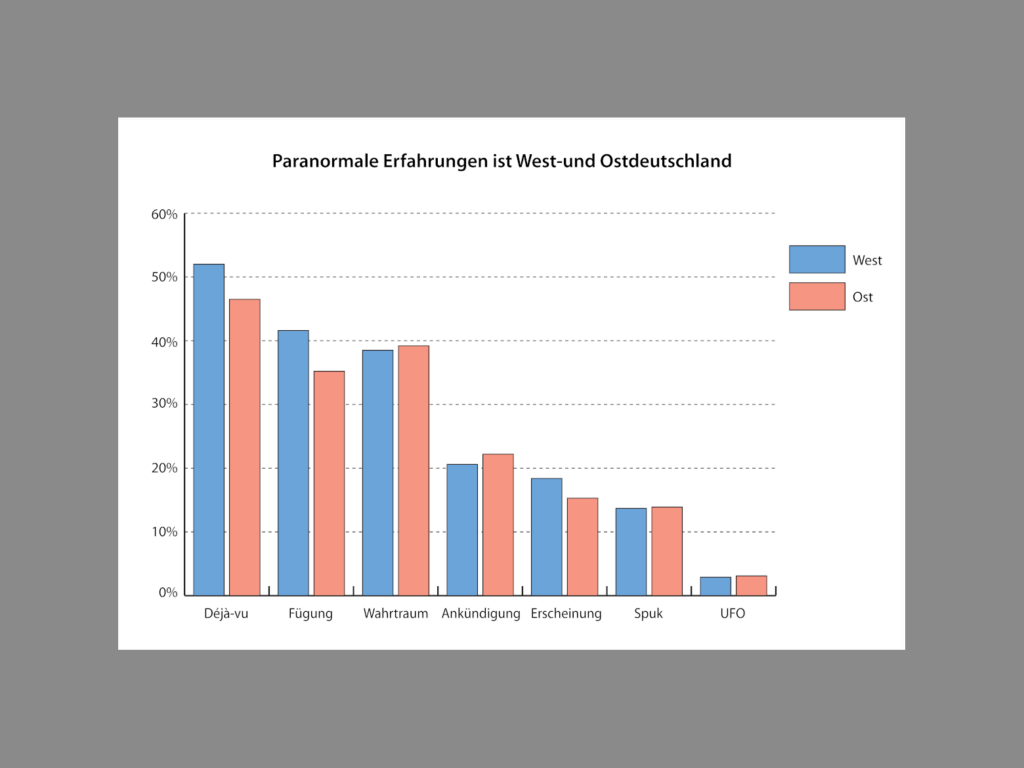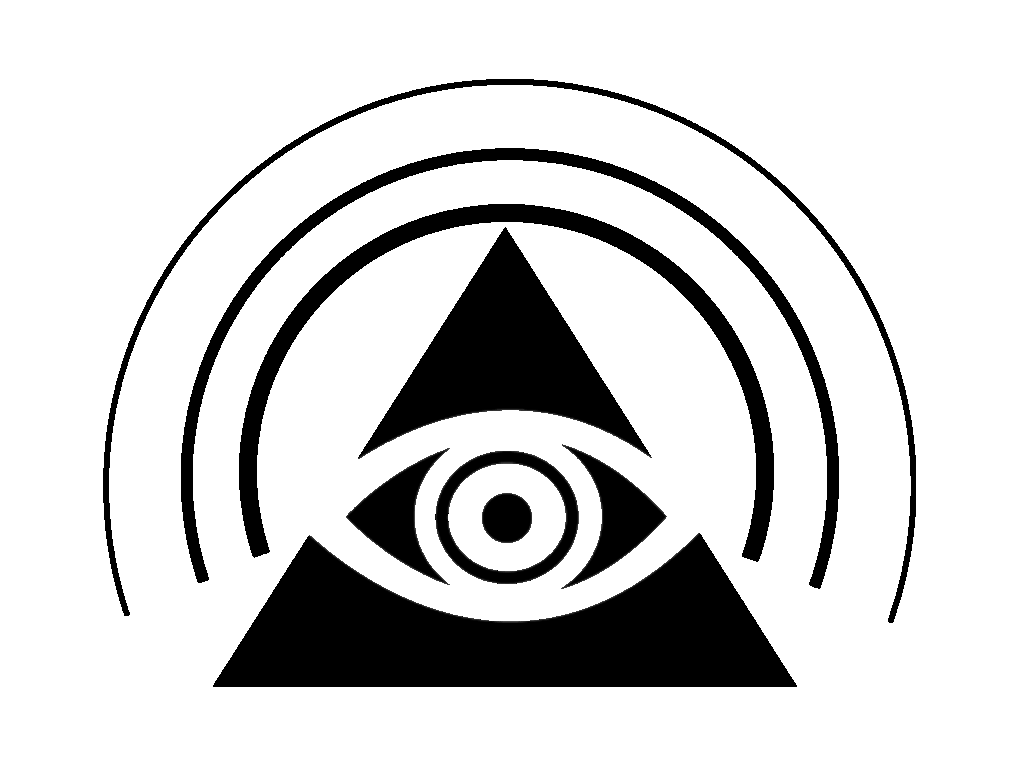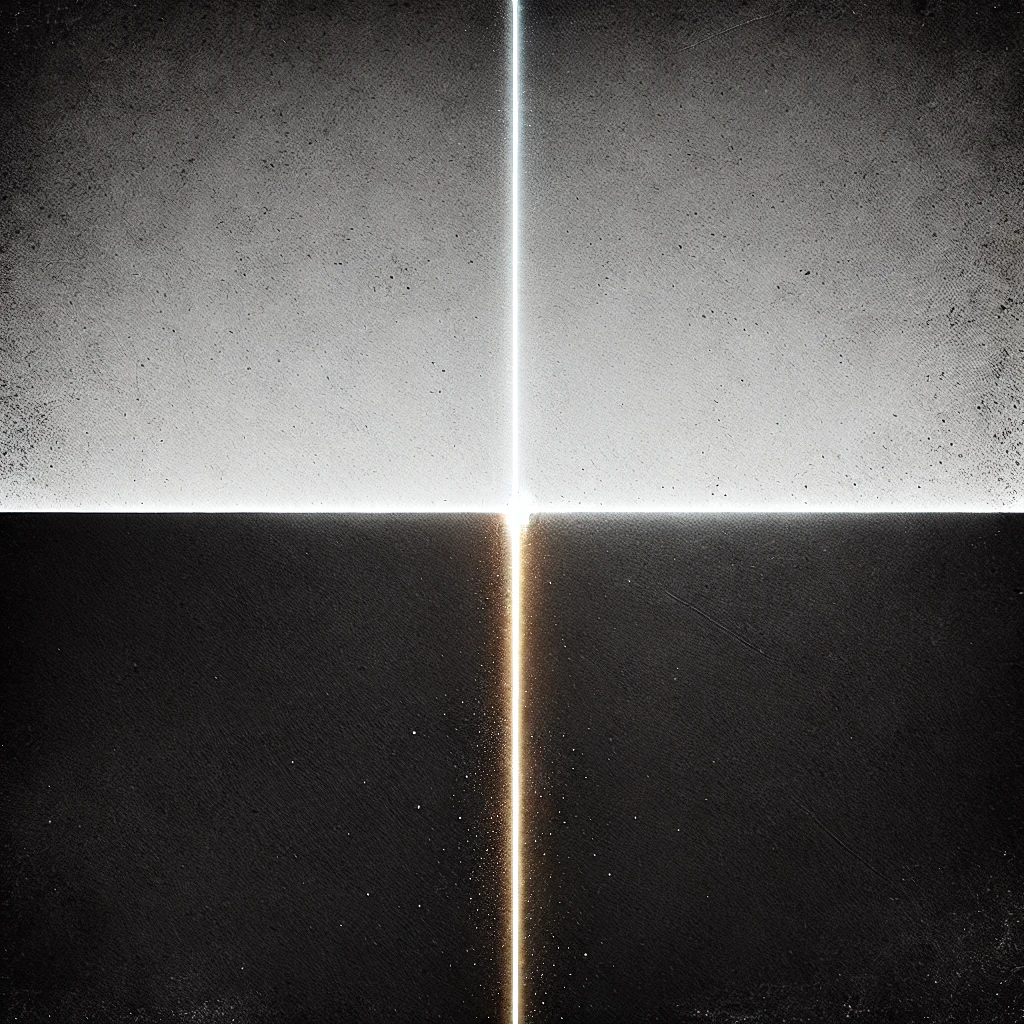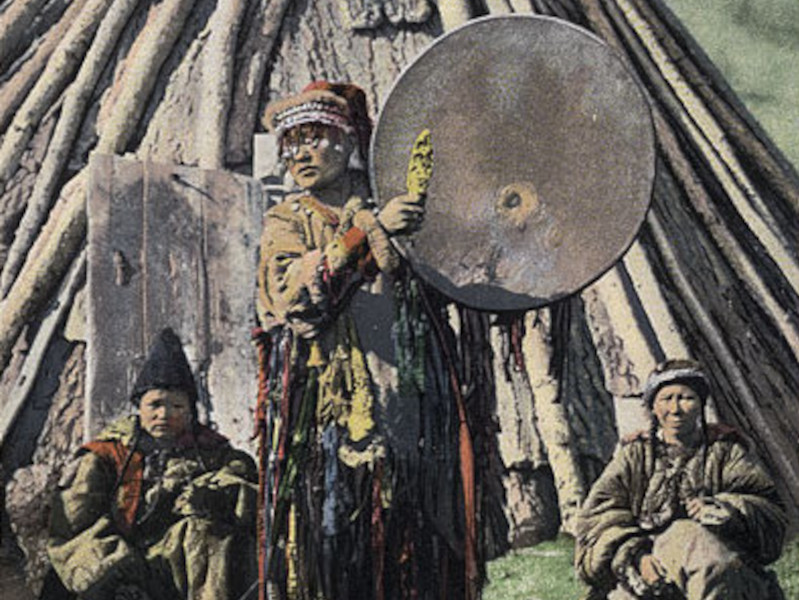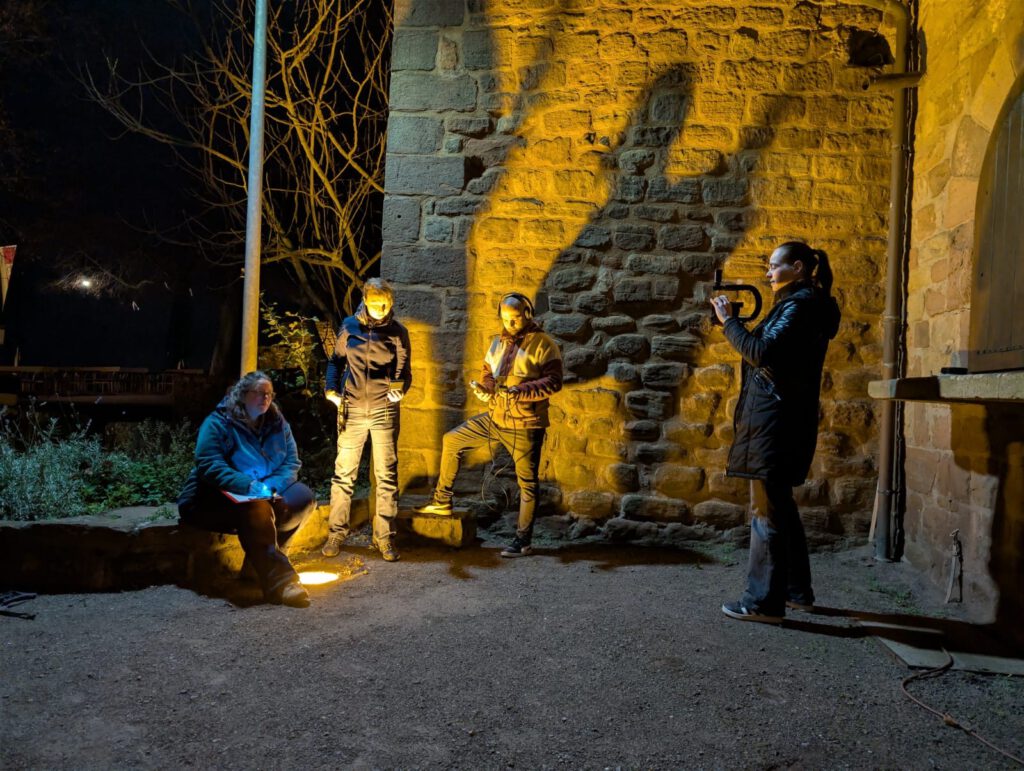Paranormal experiences, astrology, conspiracy theories – the list of research topics in the frontier areas of science is long. The way in which such ‘paranormal’ topics are perceived and evaluated socially, scientifically or individually differs considerably in some cases. In the research area “Society–Knowledge–Discourse”, the emergence, communication and extent of these (different) perceptions is a central research interest. The focus is on the questions of which paranormal stocks of knowledge and practices circulate in a society, what paranormal knowledge is, where it is accepted or rejected and what function it has for individuals and society. Particular attention is paid to the role of discourses and the constitutive entanglement of knowledge production, truth and power in them. Discourses confront people with a certain ‘knowledge system’, i.e. with regulating and regulated ways of making statements about social reality.
Field of Research
Society–Knowledge–Discourse
Public speech therefore also determines our image of the so called paranormal and the associated ideas.
But how exactly do societies produce, communicate and reproduce what people believe they know or what they define as reality?
Who or what determines what is ‘normal’ and what is ‘para-normal’, ‘orthodox’ or ‘heterodox’?
And how do people who have paranormal experiences nowadays, such as UFO sightings, near-death experiences or ghostly apparitions, fare?
What is the relationship between subjective evidence and scientific explanations?
These and other questions are being investigated as part of the research area Society–Knowledge–Discourse at IGPP. The research projects are organized on an interdisciplinary basis. They make use of a wide range of social and cultural science (quantitative and qualitative) research methods. Depending on the object of investigation, question and level of knowledge, the approach ranges from phenomenological to hypothesis-testing and theory-building research strategies.


